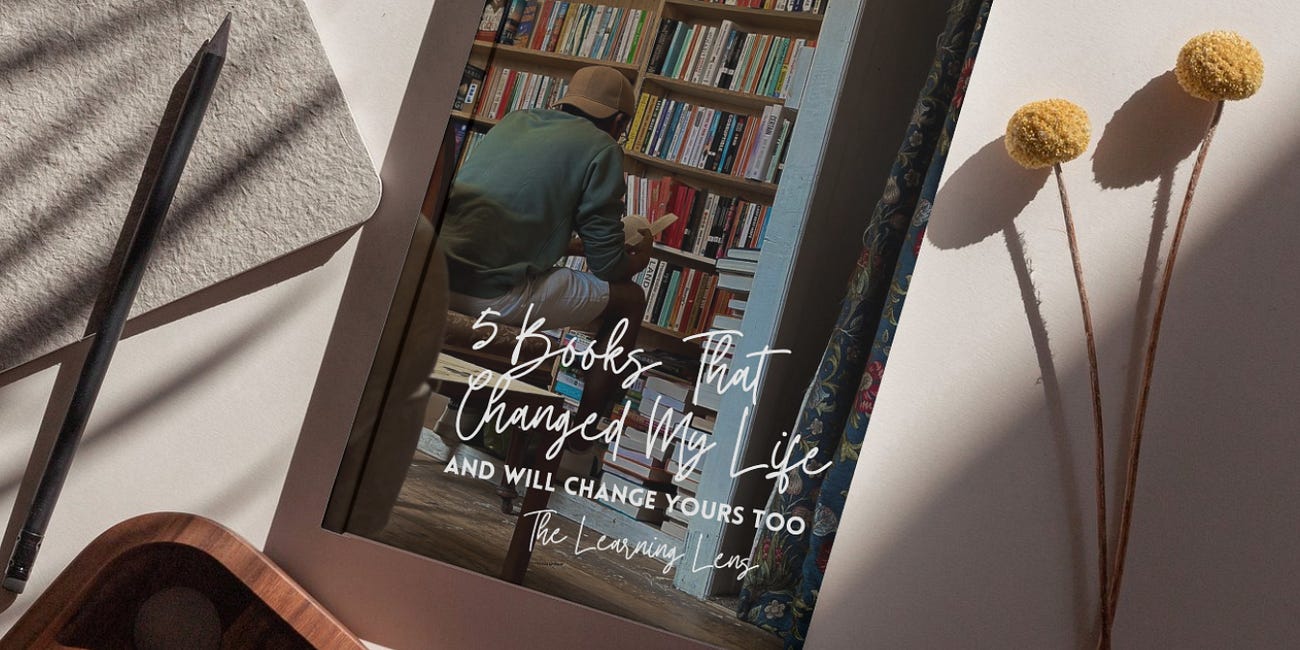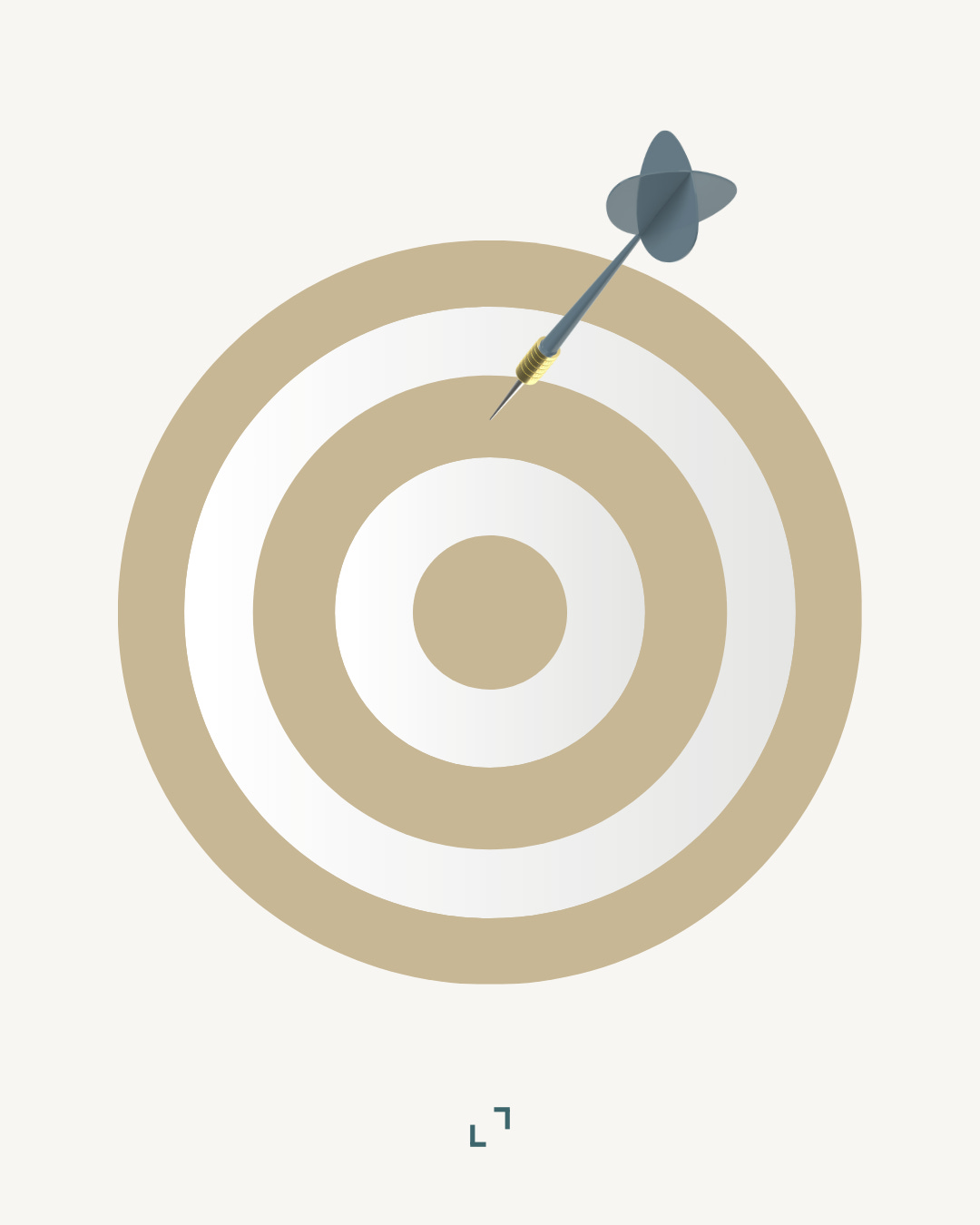Unlock the Insights That Changed My Life
Each week, I share a glimpse of my ideas and perspectives on life in short 5-minute emails. But there’s so much more depth to explore.
We’re raised to believe that success revolves around setting goals.
So we do.
A target weight.
A number in the bank.
A job title. A dream house. A happy family with exactly the right number of children.
We create these idealised milestones—and yet, most of us never reach them.
That made me curious - why is it that that happens?
Why is it that when every football team begins the season with the same ambition, only one lifts the trophy?
Why is it that of the 300 million startups created globally each year, only 10% survive, let alone thrive?
Why is it that all 8.2 billion of us crave happiness, yet so few wake up truly feeling it?
It turns out: goals don’t work the way we think they do.
Setting a goal is inherently hedonistic.
It places happiness out there, in the future. We don’t allow ourselves to feel fulfilled until the target is hit.
Because it is reserved for after we achieve it.
And so we begin to resent the process.
A process filled with self-criticism, impatience and burnout.
And this resentment pushes us to give up.
And even if we do reach the goal? The satisfaction is fleeting.
Dopamine spikes, dips, and you’re already craving the next fix. You’ve just sacrificed months—sometimes years—for a moment that passed in a blink.
And then there’s the ‘sprint-to-the-finish’ mentality:
Pulling all-nighters to meet deadlines
Starving yourself to hit a weight goal
Missing family events to secure a promotion
Training through injury to chase a new PB
Sure, these tactics might get you from point A to point B.
But what about C through Z? What happens after the win? Are you equipped to keep going? Or will you collapse, burnt out, never wanting to revisit that road again?
So yes, goals are useful—but only to the extent that they give you direction. They’re the compass, not the engine.
(Here’s some food for thought: in darts, everyone aims for the bullseye—but the highest-scoring area is actually about 17cm above it. What you think might be the goal might just be the direction in which you should be moving.)
A better question to ask ourselves is:
What would I be doing if I’d already achieved the goal?
What habits would I have?
Who are the people that I would be spending the most time with?
What would my normal day look like?
Because that’s what separates the ones who achieve lasting success from those who don’t. Not the goal—but the process.
The top football team? It’s not their desire to win that makes them champions—it’s their coaching, their recovery protocols, their decisions in high-pressure moments.
The successful startup? It’s not just a visionary pitch—it’s the founder’s mindset, their hiring process, the culture they’ve built.
The genuinely happy person? They’re not luckier than you. They’ve cultivated daily habits, physical health, and meaningful relationships.
So instead of obsessing over the bullseye, build the systems that naturally lead you there.
Because while goals might help you win the game—
It’s the systems that allow you to keep playing it.
🙋🏽♂️Found this newsletter useful?
You can support my work by buying me a coffee. ☕
PS: This is by no means an obligation. You are welcome to scroll past this section and move on to the rest of the newsletter.
But if you want to, and have the means to, feel free to buy me a coffee or two. :)
I will be equally grateful if you share this post with a friend who you think it might help. 👇🏼
Currently Consuming:
Pods
Books
James Clear’s “Atomic Habits”
Derek Sivers’ “How to Live”
Drew E Whitman’s “Ca$hvertising”
If you enjoyed reading this newsletter, or think it would be helpful to one of your friends, use one of the buttons below :)





